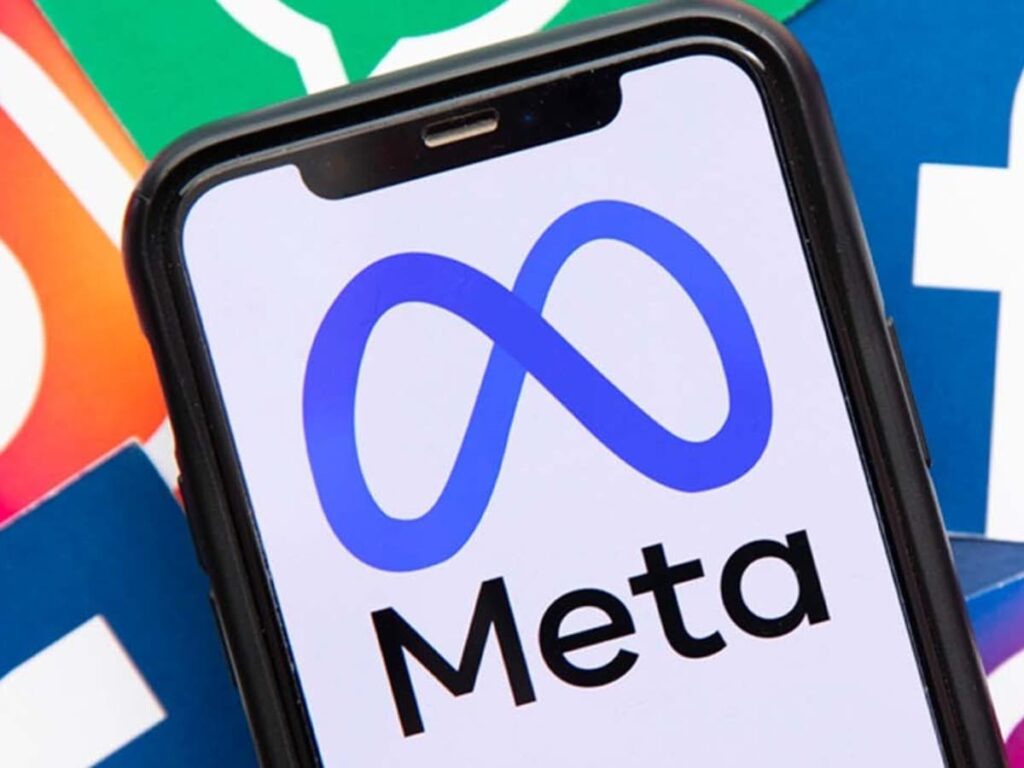In a significant move reflecting the ongoing scrutiny of tech giants regarding user privacy and data protection, Meta, the parent company of Facebook, Instagram, and WhatsApp, has been fined €91 million (approximately ₹850 crore) by the European Union’s top privacy authority. This hefty penalty underscores the regulatory pressures faced by large social media companies as they navigate the complexities of data handling and user information security.
Background of the Fine
The fine imposed on Meta comes as part of the European Union’s rigorous enforcement of its data protection regulations, particularly the General Data Protection Regulation (GDPR). This legislation was enacted to protect the privacy of individuals and ensure that companies are held accountable for their data usage practices.
Reasons for the Penalty
- Data Breach Violations: The fine is primarily a result of repeated violations of data processing rules under the GDPR.
- Failure to Comply: Meta has faced criticism for not making necessary changes to its data protection practices despite previous warnings.
- User Privacy Concerns: There have been increasing concerns about how Meta handles user data, especially in light of past scandals regarding privacy breaches.
Impact on Meta and the Tech Industry
The financial repercussions for Meta are significant, but the broader impact could be felt throughout the tech industry. Here’s how:
| Impact | Details |
|---|---|
| Increased Regulation | Meta’s fine may lead to stricter regulations for other tech companies, as governments seek to protect user data more effectively. |
| Changes in Data Policies | Companies may need to reevaluate and strengthen their data protection policies to avoid similar penalties. |
| User Trust | As public scrutiny of data usage grows, companies will need to work harder to maintain user trust and transparency. |
Future Outlook for Meta
Looking forward, Meta is expected to invest more in compliance measures and data protection initiatives. The company may also need to foster better communication with users regarding how their data is collected and utilized. The ongoing pressure from regulatory bodies may lead to broader changes in how social media platforms operate globally.
Conclusion
The €91 million fine imposed on Meta serves as a vital reminder of the importance of robust data protection measures and compliance with legal frameworks such as the GDPR. As tech companies face increasing regulatory scrutiny, the focus on user privacy will continue to shape business practices and public discourse around data protection. Moving forward, both consumers and companies must advocate for better standards of data handling and transparency to ensure that privacy rights are upheld in the digital age.
